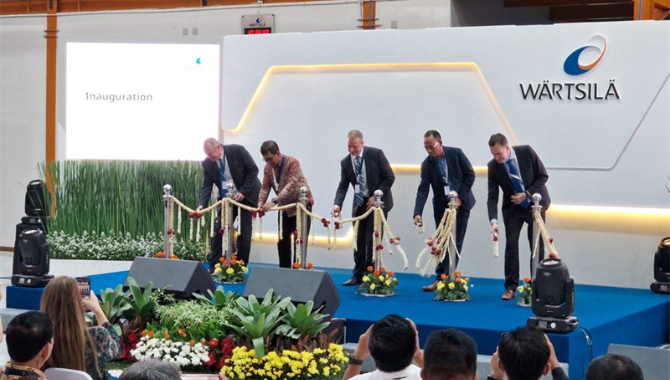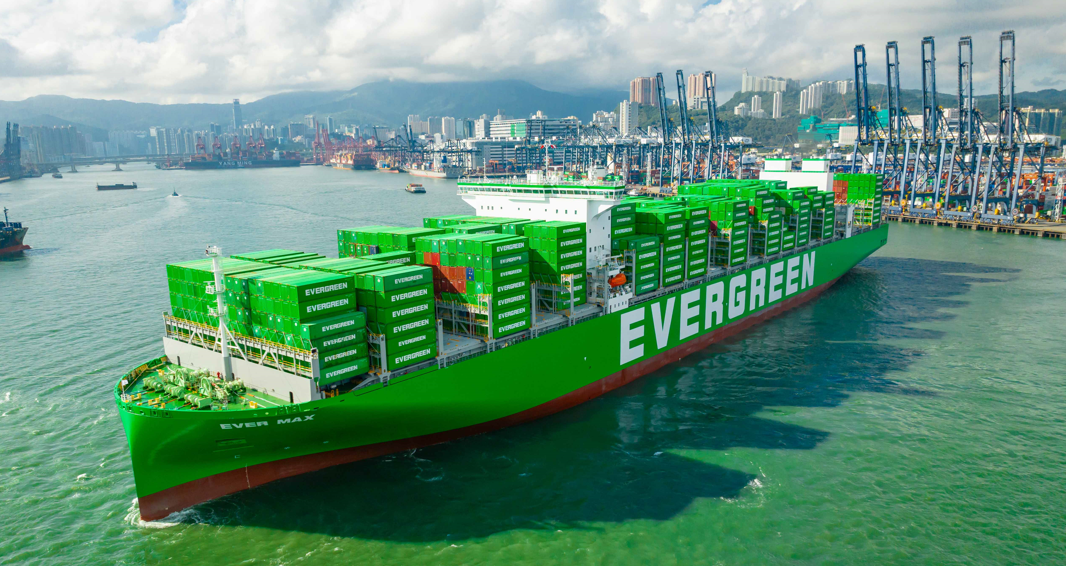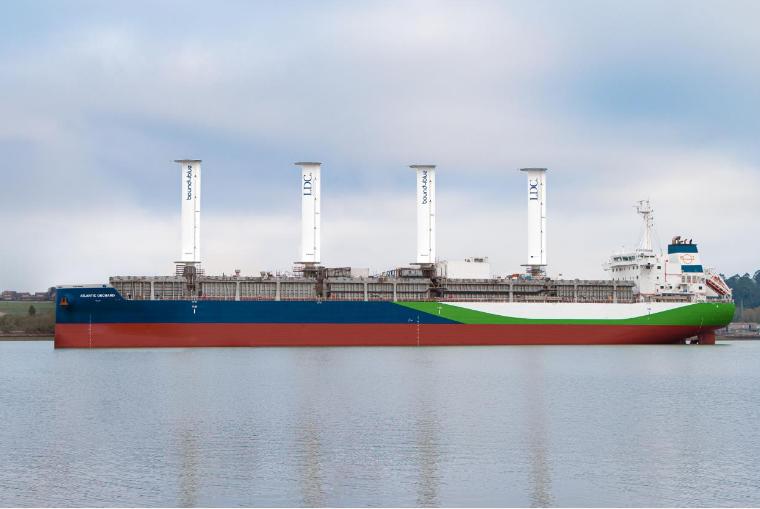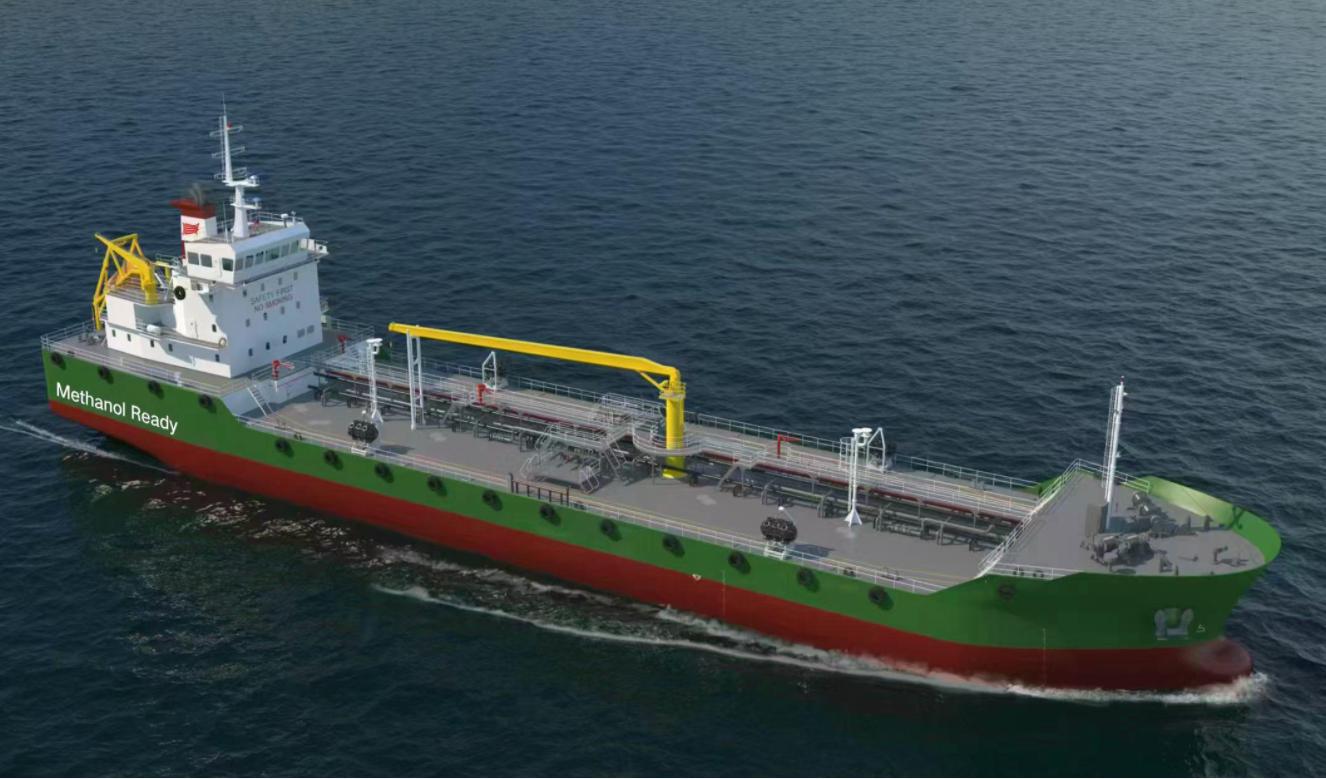
Technology group Wärtsilä has today inaugurated its new workshop and Land & Sea Academy training facilities in Jakarta, Indonesia. The facilities will support and optimise the company’s energy and marine industry customers' operations and accelerate their decarbonisation journey.
With an urgent need to triple renewable deployment globally to meet climate targets, Indonesia’s energy system is rapidly changing to support more flexible and renewable power generation. Wärtsilä’s new workshop and training facilities will enable the company to provide high-quality, local services and expert support to its customers and partners on this journey.
"The renewal of the workshop and training facilities is a concrete proof-point of our strong, long-term commitment to support our customers in Indonesia. The workshop is equipped with modern tools and machinery operated by skilled personnel which enable all types of maintenance and repair work, as well as remanufacturing and upgrades,” said Erwin Vanderkerff, Managing Director and President, Wärtsilä Indonesia.
“The Wärtsilä Land & Sea Academy provides high-quality training solutions covering all aspects of managing and operating installations, including maintenance, safety, reliability and performance, and will help customers to master sophisticated Wärtsilä technologies and equipment. With this investment, we will further develop our local capabilities to provide the best services to our energy and marine customers and partners both in Indonesia and elsewhere in Southeast Asia,” Vanderkerff continued.
Indonesia is one of the fastest growing economies in the world. Wärtsilä is committed to supporting the economic growth in the country through investing in the development of local expertise and power generation to ensure availability of reliable and sustainable power supply through the entire Indonesian archipelago.
"Wärtsilä is a global leader in innovative technologies and lifecycle solutions for the marine and energy customers. We are proud to closely collaborate with our stakeholders in Indonesia to ensure availability of local expertise and knowledge. Through our commitment and investments, we can help provide reliable and affordable power generation to support economic growth and accelerate decarbonisation in Indonesia,” said Frederic Carron, Vice President, Middle East & Asia, Wärtsilä Energy.
As Indonesia continues on its economic growth journey, the country has set out bold targets to decarbonise its energy system. A future energy system powered by more renewable energy will require greater flexibility. Flexibility can be achieved by choosing the right, future-proof technologies and designing flexible energy markets. All the technologies needed to achieve net zero already exist, and we must act quickly to deliver this transition.
Every Second Counts: Sustainability and Flexibility
Wärtsilä believes that to achieve climate targets, carbon emissions need to peak by 2025 and halve by the end of the decade. The urgency of the situation is unequivocal, and the solution is equally clear: we need to triple renewable energy and require a seismic change in the level of investment - up to USD 5.7 trillion per year by 2030 to put us on course for the 1.5C Paris Agreement scenario.
“The final quarter of this year, as we build up to COP28, the UN Climate Change Conference, is the critical moment to shift our focus from targets to implementation at pace. However, introducing more renewables is not enough to deliver the change we need. To enable wind and solar to thrive, we need to build reliable, affordable, and flexible energy systems, and we cannot delay any longer,“ says Anders Lindberg, President, Wärtsilä Energy.
Wärtsilä has studied and modelled over 190 energy systems worldwide, using energy market simulation software and has found that anywhere in the world, the most cost-effective approach to reach 100% renewable energy is to combine renewable power with grid flexibility.
Flexibility is not an optional addition to our power systems with an increasing amount of renewables – it is an essential part of our future power grids. If we fail to deliver flexibility at scale, it will threaten our ability to provide affordable and reliable power to industry, homes and businesses – and this will have an impact on reaching our decarbonisation targets. A lack of flexibility will inhibit our ability to deliver reliable renewable power, which could have a significant impact on lives and livelihoods.
"We emphasise innovation in sustainable technology and services to help our customers continuously improve their environmental and economic performance. Our window to reduce emissions and keep our planet habitable is closing. We have the technologies and expertise available now to create a greener future, and there is no time to waste: every second counts," Lindberg concludes.
Source: Wärtsilä
Source: Wärtsilä
The opinions expressed herein are the author's and not necessarily those of The Xinde Marine News.
Please Contact Us at:







